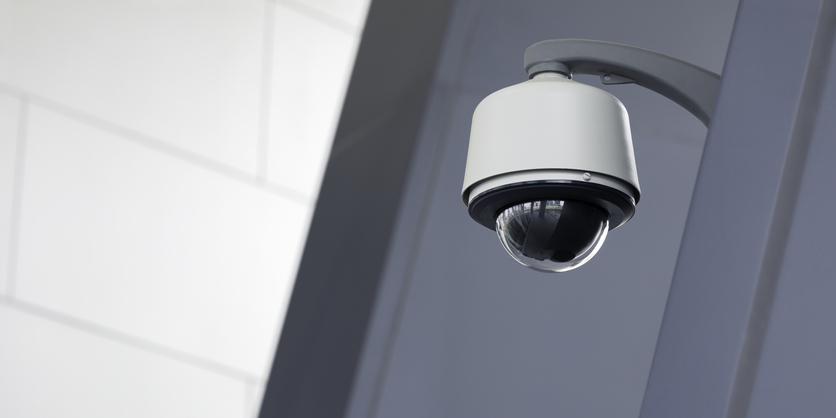Investing in a reliable security system is one of the most crucial steps for safeguarding your home, business, or property. But even the most advanced technologies can fall short if they’re not backed by a trustworthy, experienced, and transparent security system supplier. Choosing the right partner isn’t just about pricing or product availability—it’s about long-term protection, service reliability, and peace of mind.
Before signing a contract or finalising a purchase, it’s essential to ask the right questions. These questions help you gauge the supplier’s credibility, understand their offerings, and ensure that the solution fits your specific needs. Here are the key areas you should focus on during your discussions with a prospective security system supplier.
Are They Licensed And Certified?
Is the supplier licensed and certified to supply security equipment and services in your region? This is the most important issue. A legitimate security system supplier should comply with industry regulations and be able to show credentials that prove their credibility. This includes licenses for installation, partnerships with leading technology brands, and training certifications for their staff.
Insufficient licensing is a red flag. It can lead to subpar installation, limited support, and legal complications. Always verify their credentials before moving forward.
What Is Their Experience In The Industry?
Security systems aren’t one-size-fits-all. Different environments require different configurations, and this is where experience becomes crucial. Ask how long the supplier has been in the business, what types of clients they usually work with, and whether they have experience with properties similar to yours.
An experienced supplier can recommend the right combination of surveillance, alarms, and monitoring tools. They’ll also be more capable of troubleshooting issues, upgrading outdated systems, and tailoring solutions based on your space and risk profile.
Do They Provide End-To-End Support?
Some suppliers only sell equipment, leaving you to find a separate installer or service technician. When problems emerge, compatibility issues and responsibility confusion can result. Your provider should support advice, design, installation, and maintenance.
Comprehensive support means a smoother setup process and a single point of contact for all your concerns. It also reflects the supplier’s confidence in the quality of both their products and their service.
What Kind Of Warranty And Service Guarantees Are Included?
Security systems represent a significant financial investment. That investment should come with a warranty and service guarantee. Find out what warranties are offered for hardware like cameras, sensors, control panels, and software features such as remote monitoring or system updates.
Also, ask about service-level agreements (SLAs) for maintenance and repairs. Will a technician respond within 24 hours if the system goes down? Is there emergency support available 24/7? Reliable after-sales service is just as important as the system itself.
Can The System Be Scaled Or Upgraded?
Your security needs may change over time. Whether you expand your business, renovate your property, or adopt newer technologies, the system you install today should be flexible enough to evolve.
Ask the supplier whether their systems can be upgraded without complete replacement. Can you add extra cameras, integrate with mobile apps, or include smart features later? A scalable system protects your initial investment and reduces long-term costs.
Are There References Or Case Studies Available?
One of the best ways to evaluate a supplier is by looking at their past work. Ask for client references or case studies that highlight successful installations. The supplier may comprehend your needs if they’ve worked with similar businesses or properties.
You can also look for reviews and testimonials online to gauge customer satisfaction. Positive feedback often signals consistent performance, while repeated complaints—especially about reliability or service—should raise concern.
How Do They Handle Emergencies And Compliance?
Security is more than just cameras and alarms—it’s also about preparedness and compliance. For example, many businesses must install Fire Safety Systems.
Ask how the supplier handles regulatory compliance and whether they offer features that support emergency protocols. This is especially important for commercial properties or facilities with high occupancy. Systems that are compatible with emergency lighting, fire alarms, and building evacuation plans provide a higher level of protection and make it easier to pass safety inspections.
What Are The Total Costs—Upfront And Long-Term?
Finally, get a clear picture of both upfront and ongoing costs. While some systems may appear cheaper initially, hidden fees for monitoring, upgrades, or maintenance can add up over time. Make sure the supplier gives you a transparent breakdown of all potential expenses, including installation, equipment, software subscriptions, and service fees. Emergency lighting manufacturers often coordinate with security suppliers to ensure proper integration
A trustworthy supplier will be open about pricing and help you understand the total cost of ownership, not just the sticker price. This transparency helps you compare options and plan your budget accordingly.
Conclusion
A dependable security system supplier is more than just a vendor—they’re your partner in safety. Asking the right questions upfront ensures that you’re making a smart, informed investment that will protect your property and those who depend on it. Whether you’re outfitting a home, an office, or a commercial facility, don’t rush the decision. Vet your options carefully, insist on transparency, and prioritise suppliers who are committed to quality, compliance, and long-term service. When your security is on the line, it pays to ask the tough questions first.

